BANZAI7 NEWS--The Special Inspector General for TARP issued his Quarterly Report to Congress Saturday. Here is an excerpt:
The substantial costs of TARP — in money, moral hazard effects on the market, and Government credibility — will have been for naught if we do nothing to correct the fundamental problems in our financial sys- tem and end up in a similar or even greater crisis in two, or five, or ten years’ time. It is hard to see how any of the fundamental problems in the system have been addressed to date.
• To the extent that huge, interconnected, “too big to fail” institutions contributed to the crisis, those institutions are now even larger, in part because of the sub- stantial subsidies provided by TARP and other bailout programs.
• To the extent that institutions were previously incentivized to take reckless risks through a “heads, I win; tails, the Government will bail me out” mentality, the market is more convinced than ever that the Government will step in as neces- sary to save systemically significant institutions. This perception was reinforced when TARP was extended until October 3, 2010, thus permitting Treasury to maintain a war chest of potential rescue funding at the same time that banks that have shown questionable ability to return to profitability (and in some cases are posting multi-billion-dollar losses) are exiting TARP programs.
• To the extent that large institutions’ risky behavior resulted from the desire to justify ever-greater bonuses — and indeed, the race appears to be on for TARP recipients to exit the program in order to avoid its pay restrictions — the current bonus season demonstrates that although there have been some improvements in the form that bonus compensation takes for some executives, there has been little fundamental change in the excessive compensation culture on Wall Street.
• To the extent that the crisis was fueled by a “bubble” in the housing market, the Federal Government’s concerted efforts to support home prices — as discussed more fully in Section 3 of this report — risk re-inflating that bubble in light of the Government’s effective takeover of the housing market through purchases and guarantees, either direct or implicit, of nearly all of the residential mortgage market.
Stated another way, even if TARP saved our financial system from driving off a cliff back in 2008, absent meaningful reform, we are still driving on the same winding mountain road, but this time in a faster car.
SIGTARP: January 2010 Quarterly Report to Congress
Subscribe to:
Post Comments (Atom)















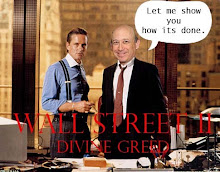



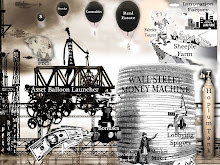
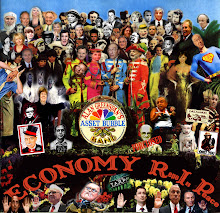



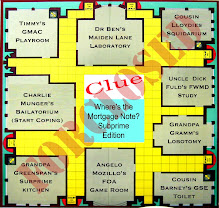







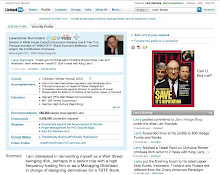




.jpg)












No comments:
Post a Comment